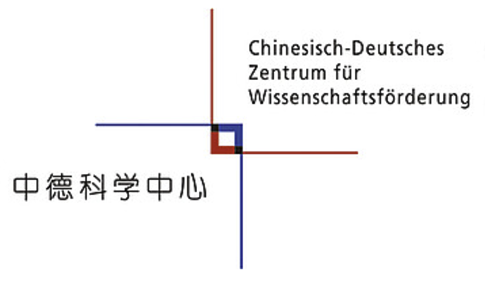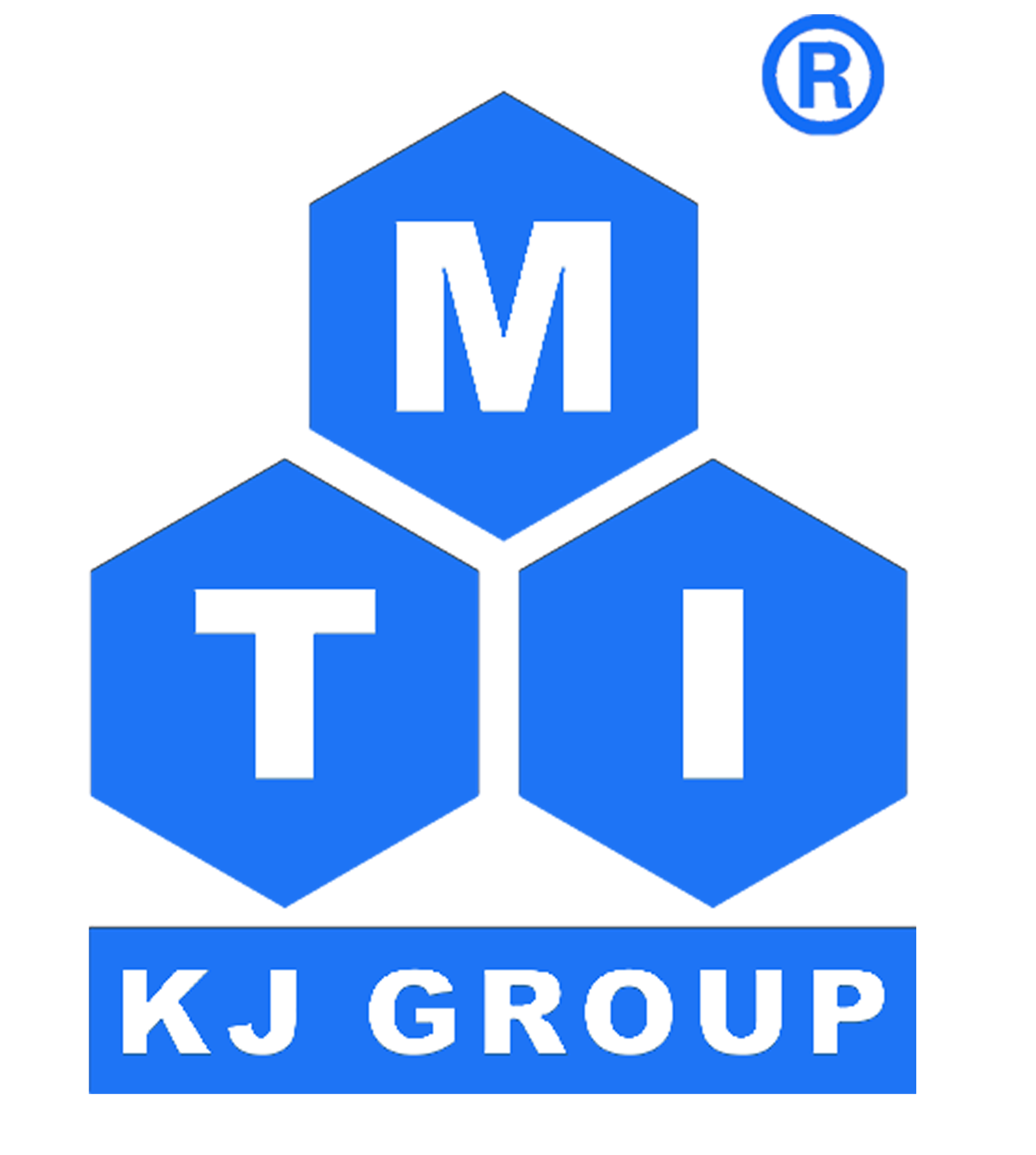Guangcun Shan1,2*, Xin Li1, Chan-hung Shek2
1 Beihang University, Beijing, China
2 Institute of Advanced Studies/Department of Materials Science and Engineering, City University of Hong Kong, Hong Kong SAR
*Corresponding Author: guangcunshan@hotmail.com
The advent of machine learning (ML) techniques has revolutionized the field of materials science, offering new pathways for discovering and designing advanced materials. Soft magnetic high-entropy alloys (HEAs) play a critical role in power conversion, magnetic sensing, magnetic storage and electric actuating, which are fundamental components of modern technological innovation. Therefore, the rational design of soft magnetic alloys holds substantial scientific and commercial value.
With excellent comprehensive performance, emerging compositionally complex alloys (CCAs) with high chemical complexity have garnered significant interest. The huge composition search space of CCAs provides both challenges and opportunities for discovering new high-performance magnetic materials. The traditional alloy design method relying on scientific intuition and a trial-and-error strategy could be inefficient and costly for magnetic CCAs. Accordingly, with great capacities for nonlinear and adaptive information processing, machine learning (ML) has shown great potential in magnetic CCA studies. This REVIEW talk would focus on the recent progress in the application of ML algorithms to predict the properties of HEAs, mainly by examining the various inspiring applications of ML methods in magnetic HEAs for phase prediction, property optimization and multi-objective optimization, and further discusses the future directions for unleashing the full potential of ML methods in magnetic HEAs’ studies, enabling the rapid identification of HEAs with tailored properties. Our findings underscore the importance of integrating computational models with experimental validation to accelerate materials discovery and design.
Keywords: Machine Learning, High-Entropy Alloys, AI4S, Materials Science
References
1. Johnson, A.C., et al.. "Machine Learning in Materials Design: Opportunities and Challenges." Materials Today (2024), 29(1), 45-56.
2. X. Li, C.H. Shek, P.K. Liaw, G. Shan*, "Machine learning studies of magnetic compositionally complex alloys: a critical review." Progress in Materials Science (2024), 146, 101332. doi:10.1016/j.pmatsci.2024.101332
Dr. Runhai Ouyang (DCTMD2024@163.com)












